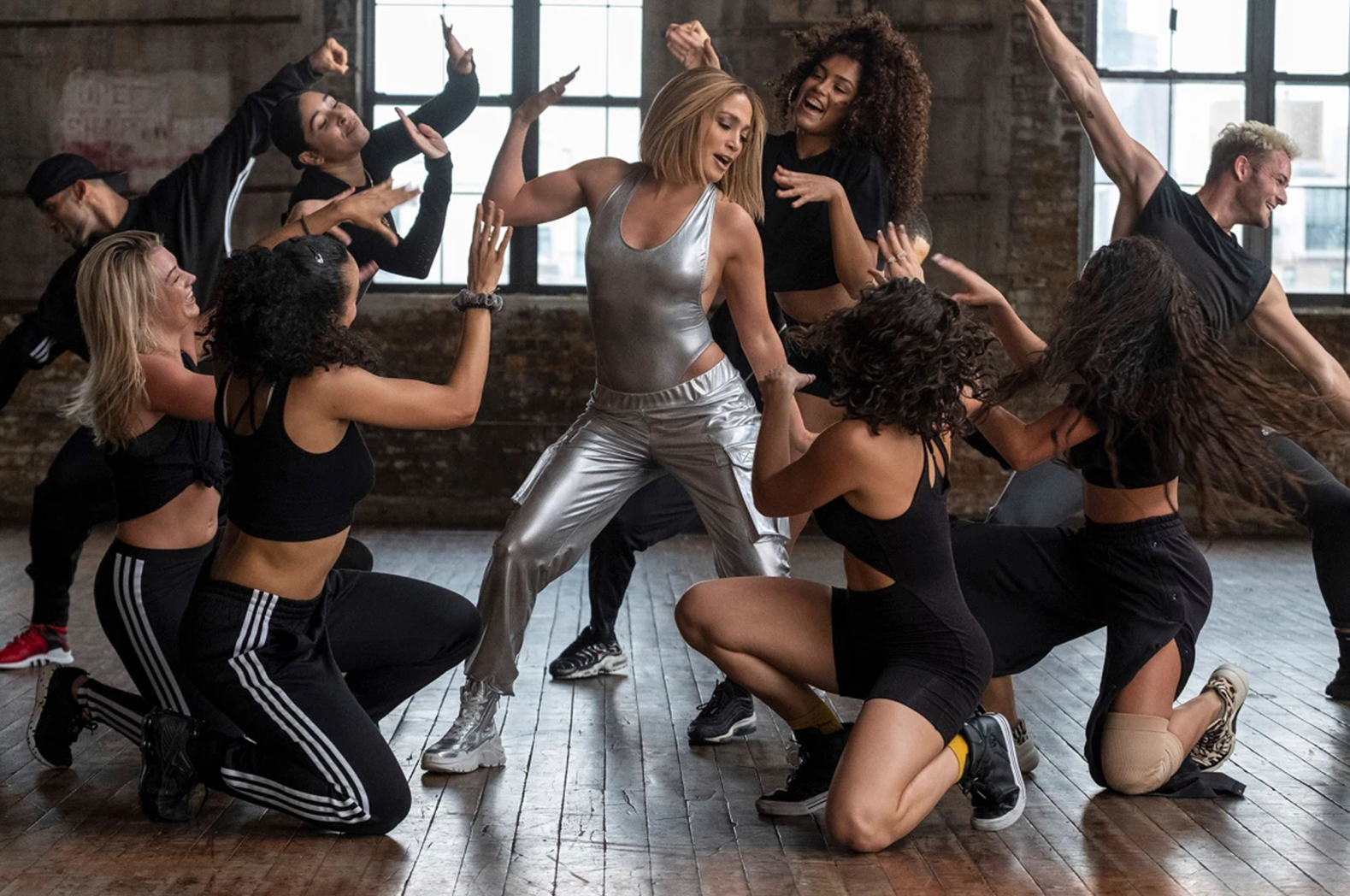The lifespan of a successful pop star bears little resemblance to that of the average individual. Pop stars are, in essence, Phoenixes: they soar, plummet, and then disintegrate, finding rebirth in their ashes, stronger and smarter than their previous incarnation. No name defines this phenomenon better than Jennifer Lopez, the Puerto Rican pop sensation who went from dancing as a Fly Girl on “In Living Color” in 1993 to topping Billboard’s Hot 100 by the end of the decade. As of late, Lopez’s career has started to feel like one perpetual comeback tour, with the actress and singer either rehashing past successes or struggling to create new ones.
Still, Lopez is the kind of once-in-a-lifetime multi-hyphenate that conquered the music, film, and television industries while still finding time to keep the lights on at TMZ. Somewhat surprisingly, it was Lopez’s steady stream of romantic comedies that made her a household name. So much so that even the star’s more recent success has come from producing the kinds of mainstream love stories – like “The Wedding Planner” and “Maid in Manhattan” – that dominated the early aughts. “Marry Me,” the latest Lopez rom-com to try and recapture the magic of her early hits, finds the 52-year-old actress taking stock of where she’s been and where she might want to go next. The film executes a metanarrative that hews so closely to reality it could be mistaken for a personal manifesto.
The film reunites Lopez – who doubles as one of the film’s producers – with her “Anaconda” co-star Owen Wilson, the first of many anachronistic touches that gives “Marry Me” an affably nostalgic charm. In it, she plays Kat Valdez, an established pop sensation who’s preparing to marry the up-and-coming Bastian, played by Colombian singer Maluma in his feature debut, at their next concert in front of 5,000 audience members and 20 million virtual attendees. An opening montage establishes that this momentous union is the only thing of import to all of humankind, global politics be damned. Another wonderfully dated moment sees perpetual nice guy Jimmy Fallon spouting a mean-spirited monologue to establish that Kat’s marriage to Bastian will be her fourth. But, of course, the same is true of Lopez herself, who’s been married three times since 1997, and endured the same kinds of deeply misogynistic criticism for each of them.
Moments before their on-stage wedding ceremony kicks off, a video surfaces of Bastian kissing Kat’s longtime assistant (another real-life parallel to Lopez, who caught her ex-boyfriend and backup dancer, Casper Smart, cheating). Desperate to save face, Kat hastily decides to marry someone in the crowd: a working-class math teacher named Charlie Gilbert (Owen Wilson) that she’s never met. Having been suddenly thrust into the limelight, newlyweds Charlie and Kat have trouble navigating the intersection of fame, friendship, and love. In its best moments, “Marry Me” is the kind of reliably heartwarming romance that has all but cemented Lopez as one of Hollywood’s most valuable romantic leads. That it also takes place in an alternate universe where Lopez is best friends with her employees and teaches math to kids in Brooklyn is another issue entirely.
While the central event of “Marry Me” is pure fiction, aspects of the film closely recall the trajectory and impact of Lopez’s career; so much that the film could be read as a public, personal reckoning with some of the star’s lesser moments in real life. For example, you might remember the time J-Lo was called out after performing for the President of Turkmenistan. In “Marry Me,” Kat Valdez, played by Lopez, does private shows all the time; she barely knows who these people are! You may also recall reports that Lopez was abusing her staff. “There’s nothing wrong with needing help,” says Kat, who treats her employees like family and even lets them take the night off when she’s feeling generous. Did you know that J-Lo hasn’t received a Grammy nomination since 2000? One of the film’s scenes has Wilson’s character reassuring Kat that “award shows are bullshit.”
Instead of just telling a sweetly simple love story, “Marry Me” seems preoccupied with making sure we know that Jennifer Lopez cares very much about her public image. “Marry Me” is at its best when pairing its star with an agreeably low-key Owen Wilson. The “Loki” actor plays math teacher Charlie Gilbert, a middle-class dad trying his damndest to give his daughter the life she deserves, with a performance that’s both mild-mannered and emotionally resonant. Sarah Silverman pops up for comic relief as Charlie’s best friend and school guidance counselor Parker Debbs, slam-dunking every one of the film’s best punchlines like a coin-operated joke machine. It also doesn’t hurt that, in addition to Lopez’s performance, the blend of tasteful melodrama, guilt-free comedy, and some seriously good songs by J-Lo and Maluma will have Latino audiences flocking to the nearest theater.
It’s difficult not to regard “Marry Me” as the hastily-assembled cash grab that it is, banking on the tried-and-true formula of mid-budget star vehicles (films costing between 10 and 40 million to make) that turn a profit and find eternal life on cable television. Its opening weekend gross was higher than anticipated while simultaneously being Peacock’s most-streamed release of the week. It arrives as a complete package, with a built-in redemption tour and album rollout that has Lopez answering for and justifying every bit of controversy through her decades-long career while dropping some new music in the process. Divorced from that context, “Marry Me” is still able to function as an enjoyable romantic comedy, even if it feels scientifically engineered to appeal to Latine audiences for the sake of its accompanying J-Lo/Maluma collab album. Fans of the genre already know they’re in good hands with Lopez and Co., but for those looking to see the Lopez-aissance that was promised after her career-best performance in Lorene Scafaria’s “Hustlers,” your mileage may vary.









